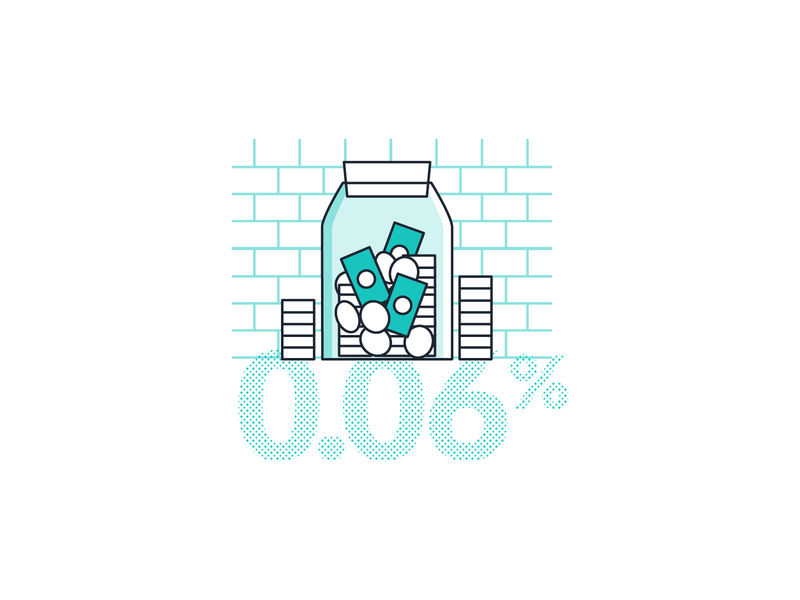Discover The Concealed Expenses And Repercussions Of Ignoring An Efficiency Bond, And Understand Why It's Vital To Stay Away From This Expensive Blunder
Discover The Concealed Expenses And Repercussions Of Ignoring An Efficiency Bond, And Understand Why It's Vital To Stay Away From This Expensive Blunder
Blog Article
Article Composed By-
When a guaranty problems an efficiency bond, it assures that the principal (the event who purchases the bond) will satisfy their responsibilities under the bond's terms. If the primary falls short to meet these commitments and defaults on the bond, the surety is in charge of covering any type of losses or problems that result.
1. Loss of reputation: Defaulting on an efficiency bond can harm the principal's credibility and credibility, making it more difficult to safeguard future service or financing.
2. Legal and administrative prices: The surety might need to pay legal and management costs related to going after the principal for damages or attempting to remedy the situation.
3. Monetary losses: The guaranty may require to cover the price of finishing the project or supplying the solutions that the principal fell short to deliver. This can lead to considerable financial losses for the guaranty.
4. Boosted premiums: If the principal has a history of back-pedaling performance bonds, they may be needed to pay greater costs in the future to get the necessary bonding.
On the whole, back-pedaling an efficiency bond can have serious economic effects for both the principal and the surety. It is very important for principals to very carefully consider their obligations and ensure they are able to meet the terms of the bond to avoid these adverse end results.
Back-pedaling a performance bond can be an expensive misstep for companies. When you stop working to fulfill the bond's commitments, the monetary effects can be substantial. From paying the full bond total up to prospective lawful battles and harmed partnerships, the effects can resound throughout your company procedures. Recognizing the complex internet of financial effects that defaulting on an efficiency bond can have is essential for guarding your company's monetary health and wellness and reputation.
Financial Penalties for Defaulting
If you back-pedal a performance bond, you'll likely encounter substantial punitive damages. These penalties can vary depending upon the regards to the bond contract but frequently entail paying the bond quantity completely to the obligee. This implies that if you fall short to fulfill your contractual obligations, you should pay the bond amount to the job owner or the entity that required the bond.
Additionally, you might likewise be responsible for any type of added prices sustained by the obligee due to your default, such as finding a replacement professional or covering task delays.
Back-pedaling an efficiency bond can likewise cause legal costs and court prices if the obligee makes a decision to take lawsuit against you to recover the bond quantity. These expenses can promptly build up, more aggravating the monetary effect of your default. It's vital to carefully examine and recognize the regards to the performance bond to stay clear of these severe financial penalties.
Impact on Service Cash Flow
Defaulting on a performance bond can significantly affect your organization cash flow, influencing financial stability and operational capacities. When you default on a performance bond, you risk losing the bond amount, which can be a substantial amount. go here , as you'll require to discover different resources of funding to cover the bond quantity. Furthermore, skipping can bring about increased analysis from sureties, making it more difficult and extra costly to protect bonds in the future. This can better strain your cash flow as you may require to assign extra resources to fulfill bonding needs.
The effect on your cash flow does not quit there. Back-pedaling an efficiency bond can likewise cause task delays or cancellations, resulting in a loss of earnings. In addition, the unfavorable reputation that features skipping can prevent possible clients, further lowering your capital. On the whole, defaulting on an efficiency bond can have detrimental effects on your business's monetary wellness and capacity to run efficiently.
Legal Ramifications and Legal Actions
Facing legal implications and possible suits because of back-pedaling a performance bond can significantly influence your company's credibility and economic standing. When you default on an efficiency bond, the guaranty business might take legal action to recuperate the bond quantity paid. official site can lead to expensive legal fees, court costs, and prospective settlements or judgments against your business.
In addition, defaulting on an efficiency bond may cause harmed relationships with clients, subcontractors, and providers, impacting your capability to protect future agreements. Suits emerging from bond defaults can taint your organization's integrity in the market, making it challenging to draw in new companions or clients.
In addition, if the default results in a court judgment against your company, it can result in asset seizure or liens, further straining your economic stability. As a result, it's vital to understand the legal implications of back-pedaling a performance bond and take aggressive steps to mitigate the dangers involved.
Final thought
As you face the effects of back-pedaling an efficiency bond, remember this: it's like walking a tightrope without a safety net. One wrong action can send you plunging into an economic freefall, without any method to stop the fall.
The punitive damages, capital impact, and legal ramifications are all waiting to catch you if you slip up. So step thoroughly, and always honor your dedications to avoid the extreme effects of default.
